To improve the fight against sexual harassment in Nigerian tertiary institutions, media experts have advised relevant authorities to address the challenge of knowledge gaps observed among the officials saddled with the responsibility of handling reported cases.
The appeal was contained in a communique issued after a “One-Day Residential Consultation with Media Editors” organised by the Alliances for Africa (AfA)—and other partners.
The communique was signed by 30 senior media executives and other officials, including the Editor-in-Chief of PREMIUM TIMES, Musikilu Mojeed; Executive Director of Alliances for Africa, Iheoma Obibi; Hamza Idris of Daily Trusts Newspapers; Yusuf Ali of The Nation Newspapers; Sumner Sambo of Arise News and Blessing Ibunge of ThisDay Newspaper, among others.
The experts called for an improvement in the ability of officials heading the gender units of these tertiary institutions to handle cases of sexual abuses.
The communique highlighted that individuals who head the gender units of most tertiary institutions have “significant knowledge gaps in addressing sexual harassment without personal bias, are oblivious to the essence of their office and the power they have.”
It also highlights that institutions must ensure the safety of sexual harassment survivors who have spoken up and protect them from any retaliatory attack.
It said: “Survivors and stakeholders (including academic staff and media personnel) who report sexual harassment lack protection from retaliation.
Nigerians need credible journalism. Help us report it.
PREMIUM TIMES delivers fact-based journalism for Nigerians, by Nigerians — and our community of supporters, the readers who donate, make our work possible. Help us bring you and millions of others in-depth, meticulously researched news and information.
It’s essential to acknowledge that news production incurs expenses, and we take pride in never placing our stories behind a prohibitive paywall.
Will you support our newsroom with a modest donation to help maintain our commitment to free, accessible news?
“Sexual harassment does not only impact survivors, it also affects institutions, their staff and society. Reported cases result in bad reputations for the institutions in which they occur.”
Recommendations
To address these gaps, the participants recommended that schools organise committees that would assess officials in the gender unit before an appointment is made.
They also suggested that universities partner with media organisations to improve reporting on cases and issues relating to sexual harassment.
It further reads in part: “Select specific mainstream media houses, pay them a courtesy visit and continuously engage them.
“Tip-off and involve the media progressively when civil society organisations (CSOs) receive reports of sexual harassment in tertiary institutions.
“Establish a relationship with (i) tertiary institutions in the states where the media houses are situated (ii) share ideas of stories that the reporters’ media houses will not publish with colleagues who can work on them”.
They also called for increased male participation in championing women’s rights and highlighted the need to promote women’s leadership in tertiary institutions.
The communique further recommended media advocacy, including traditional commercials and social media campaigns, to push for the Presidential assent for the anti-sexual harassment bill.
“Encourage media houses to support the campaign by holding them accountable to their corporate social responsibility,” it added. .
Prevalence of sexual harassment
Meanwhile, Blessing Duru, the programme manager of AfA, said sexual harassment in Nigerian tertiary institutions “remains a pervasive issue, undermining the safety and dignity of students and staff.”
This, she noted, is despite the existence of policies and regulations against the act.
She said, “Enforcement is often weak, and victims face stigmatisation and reprisals.”
Data on harassment on Nigerian campuses.
Ms Duru said many female students have reported experiencing sexual harassment during their time in tertiary institutions.
The perpetrators, she noted, are often faculty members and fellow students. “Faculty lecturers, however, account for nearly 40 per cent of reported cases.”
She added that only 10 per cent of victims report incidents due to what she described as fear of stigmatisation, retaliation, and lack of trust in the institution.
She said: “Many institutions lack effective policies and enforcement mechanisms, leading to a culture of impunity.
“Victims often suffer from psychological trauma, academic underperformance, and a sense of insecurity within the educational environment.
“Recent studies and media reports highlight numerous cases of harassment by faculty and fellow students, revealing a culture of silence and impunity. The lack of effective reporting mechanisms and support systems further exacerbates the problem.”
She maintained that addressing the issue requires a coordinated effort to create awareness, educate the community, and implement robust measures to protect and support victims.
“Perpetrators of sexual harassment must also be held accountable,” she added.
Read the full communique here:
Communique of the One-Day Residential Consultation with Media Editors in Nigeria in partnership with Alliances for Africa (AfA) and Co-Impact towards addressing sexual harassment in Nigerian Tertiary Institutions
Date: June 23 to 25, 2024
Venue: Bolton White Hotel, Abuja
Preamble:
Sexual harassment is prevalent in Nigerian tertiary institutions, with immediate and long-term effects on the victims and survivors, students, staff and the institution at large. We, the editors of media houses and newsrooms in Nigeria, met at an interactive consultation to discuss the pervasiveness of this issue, existing policies, tools, and mechanisms for reporting it, and the complexity of its accountability process. We identified challenges that reporters encounter in gathering and reporting incidents of sexual harassment in tertiary institutions.
Observations
Sexual harassment is prevalent and underreported in Nigerian tertiary institutions.
·Individuals who head the gender units of most tertiary institutions have significant knowledge gaps in addressing sexual harassment without personal bias are oblivious to the essence of their office and the power they have.
·Survivors and stakeholders (including academic staff and media personnel) who report sexual harassment lack protection from retaliation.
·Committees set up to address reported cases of sexual harassment are overpopulated by men who do not often submit reports regarding this.
·A number of media houses often lack adequate resources to investigate cases of sexual harassment in Nigerian tertiary institutions.
·National and sub-national policies that address sexual harassment are selectively applied or implemented.
·Sexual harassment does not only impact survivors, it also affects institutions, their staff and society. Reported cases result in bad reputations for the institutions in which it occur.
Recommendations and Resolutions:
1Validation: Set up a committee within each institution to validate the suitability of the heads of gender units of the schools for this position, ensuring that they have relevant certifications that attest to their expertise before appointment. (Institutions’ management)
2. Collaboration:
a. Select specific mainstream media houses, pay them a courtesy visit and continuously engage them. (AfA)
b. Tip-off and involve the media progressively when civil society organisations (CSOs) receive reports of sexual harassment in tertiary institutions. (AfA)
c Establish a relationship with (i) tertiary institutions in the States that the media houses are situated (ii) share ideas of stories that the reporters’ media houses will not publish with colleagues who can work on them. (Media Houses)
3.#HeforShe: Encourage the active participation of men who champion women’s rights (#HeforShe) in sexual harassment advocacy (AfA).
4. Women’s Inclusivity: Promote women’s leadership in tertiary institutions (AfA & Media Houses).
5. Campaign: Media advocacy, including traditional commercials and social media campaigns, to push for the assentation of the anti-sexual harassment bill (AfA & Media Houses).
6 Accountability: Encourage media houses to support the campaign by holding them accountable for their corporate social responsibility (CSR). (AfA)
7. Benchmark: Launch an annual documentation of reported cases of sexual harassment in tertiary institutions to create scorecards and benchmarks for these schools. This can be made public and used as a call to action. (AfA & Partner CSOs)
8Training: Continuously organise, support and train journalists on how to uncover, document, report and follow up on sexual harassment in tertiary institutions.
READ ALSO: Sexual Harassment Trial: Court accepts ex-senator, SAN as UNICAL professor’s new bail sureties
Call to Action:
We call upon all stakeholders, including media houses, administrators of tertiary institutions, faculty staff, students, government agencies, regulatory agencies, civil society organizations, religious and traditional institutions, to join us in this collective effort to eradicate sexual harassment from Nigerian tertiary institutions.
We urge government agencies and other relevant bodies to provide the necessary support and resources to ensure the successful implementation of these resolutions.
Signed by
Iheoma Obibi; Executive Director @Alliances for Africa
Hamza Idris @Daily Trust Newspaper
Tobi Soniyi @Arise News
Musikilu Mojeed @Premium Times Newspaper
Yusuf Ali @The Nation Newspapers
Sumner Sambo @Arise News
Juliana Taiwo- Obalonye @The Sun Newspaper
Raliat Ahmed @The leadership newspaper
Hussiena Akila, MNI @Nigerian Guild of Editors
Kemi Yesufu @Frontline News Online
Hussaina Mohammed Yakubu @ News Agency of Nigeria
Khadijah Aliyu @Radio Nigeria (FRCN)
Blessing Ibunge @THISDAY Newspaper
Hashia Ibrahim @ Nasarawa broadcasting service Lafia(NBS)
jime Udueme @ Delta Broadcasting Service, Asaba
Ikenna Obianeri @The Punch
Sophia Ucheoma Afolabi @Darling FM
Eyitope Kuteyi @Channels Television
Ajibola Jadesola Olufunke @Broadcasting Corporation of Oyo State, (BCOS)
Collins Osuji @Guardian Newspaper
Ifeyinwa Eucharia Nwanna
Prof. Talatu Razinat Mohammed @University of Abuja
Ene Oshaba @Blueprint Newspaper
Victor Emeruwa @Manifold Media
Innocent Anaba @Vanguard Newspaper
Kobi Ikpo@Teen Africa
Support PREMIUM TIMES' journalism of integrity and credibility
At Premium Times, we firmly believe in the importance of high-quality journalism. Recognizing that not everyone can afford costly news subscriptions, we are dedicated to delivering meticulously researched, fact-checked news that remains freely accessible to all.
Whether you turn to Premium Times for daily updates, in-depth investigations into pressing national issues, or entertaining trending stories, we value your readership.
It’s essential to acknowledge that news production incurs expenses, and we take pride in never placing our stories behind a prohibitive paywall.
Would you consider supporting us with a modest contribution on a monthly basis to help maintain our commitment to free, accessible news?
TEXT AD: Call Willie - +2348098788999


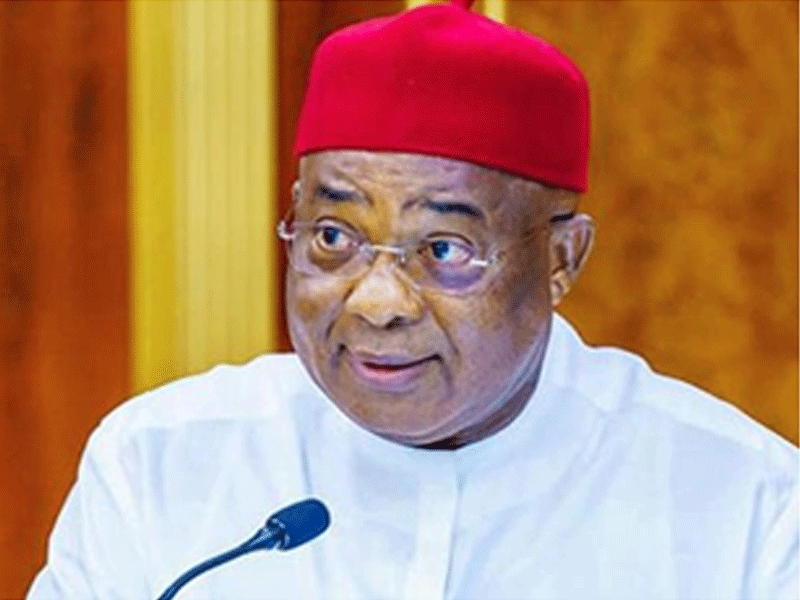
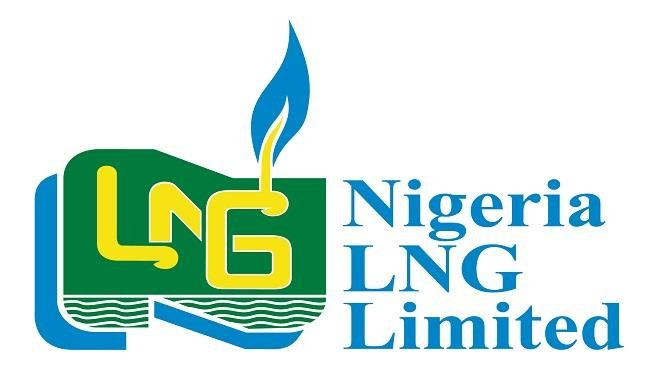
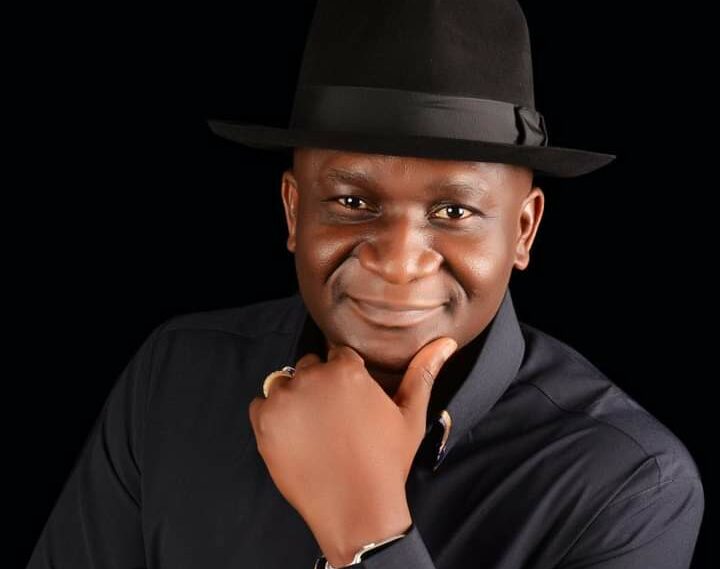
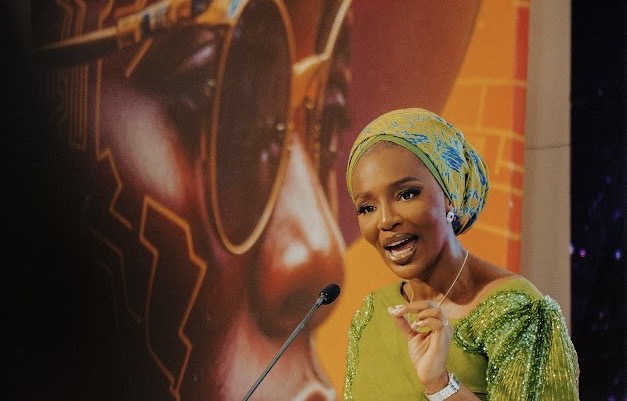
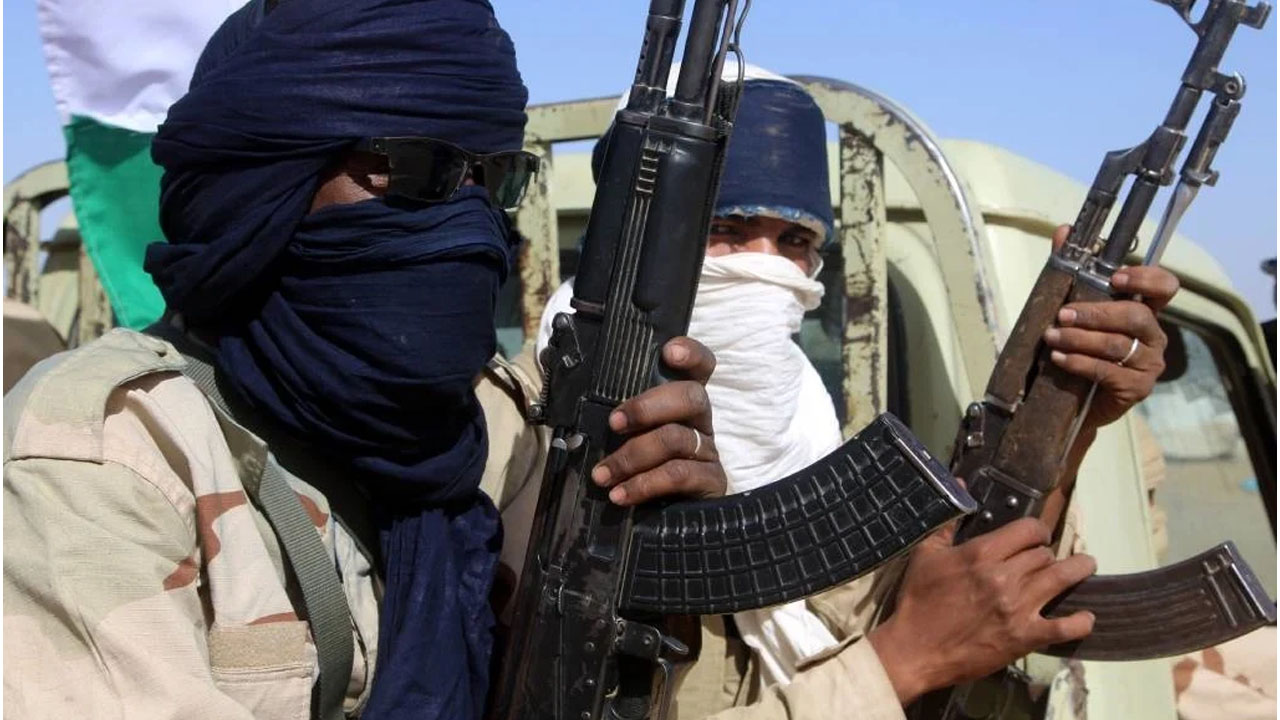




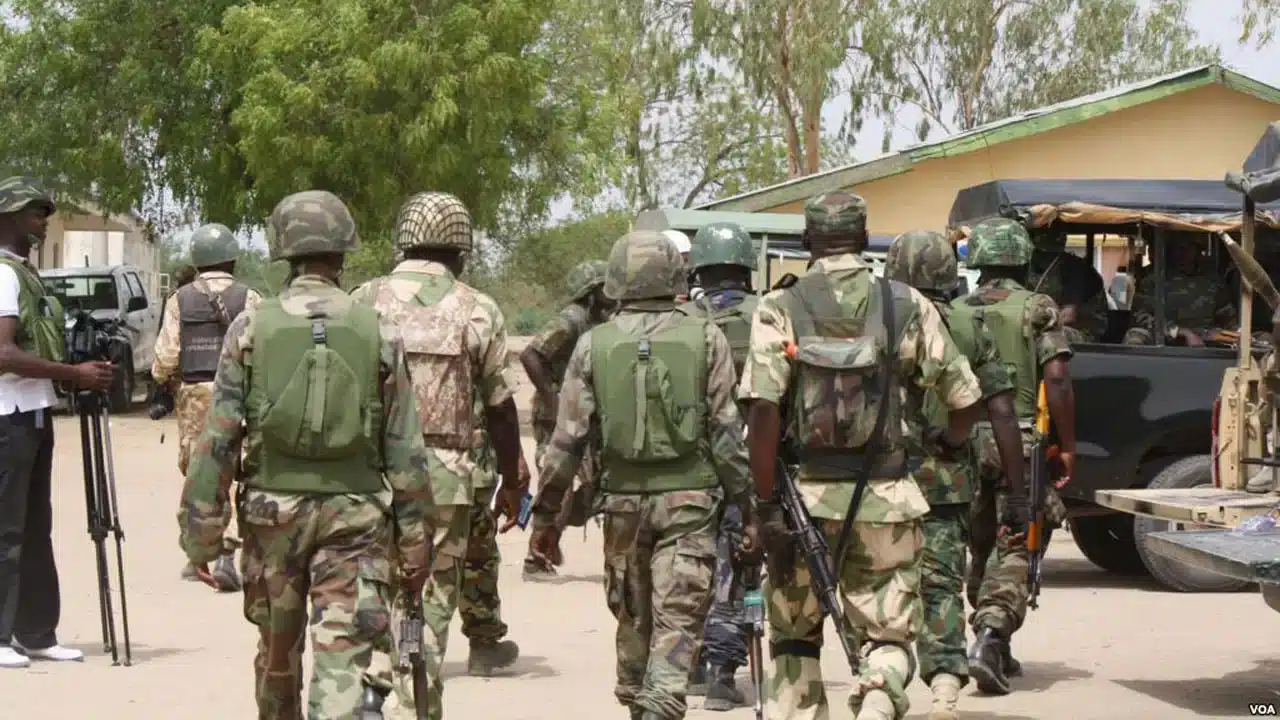
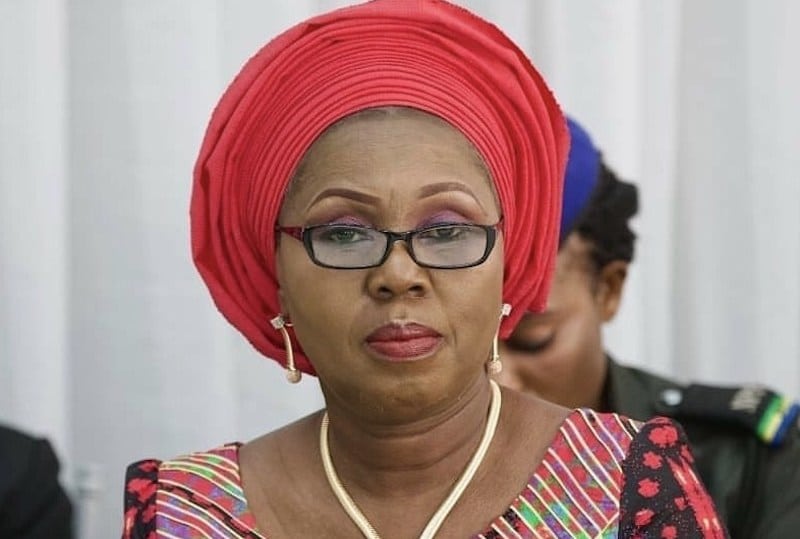

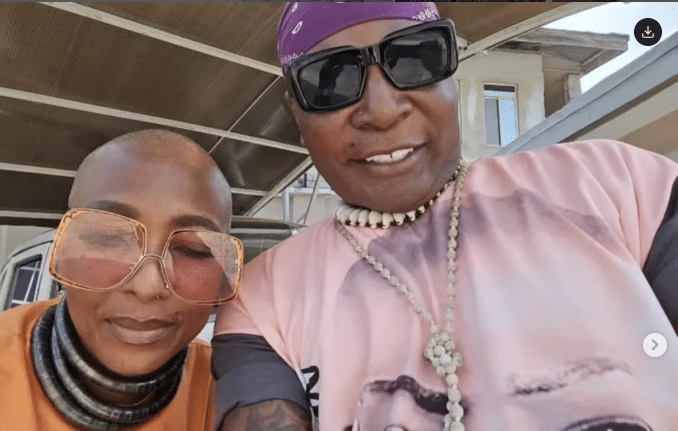


 English (US) ·
English (US) ·